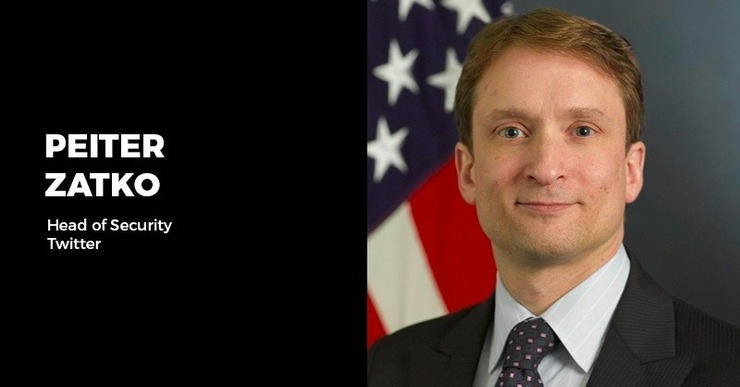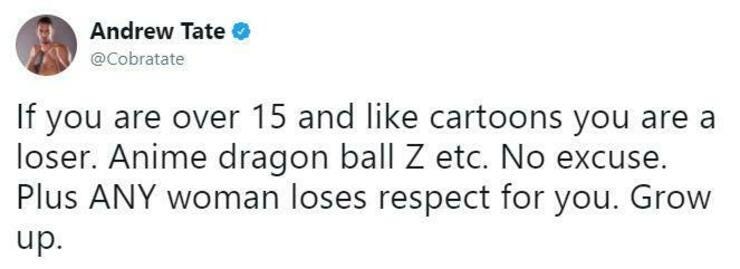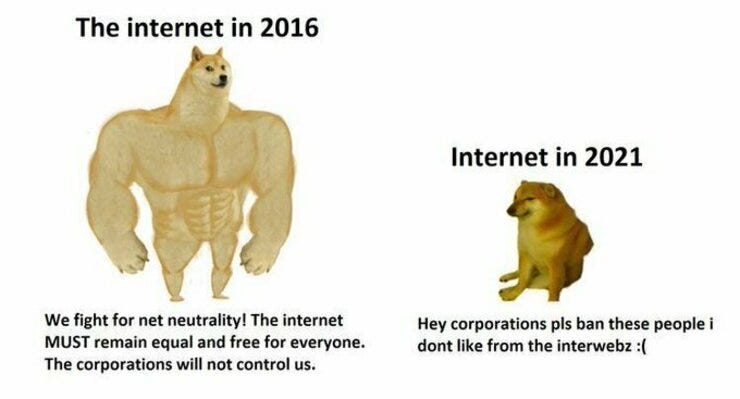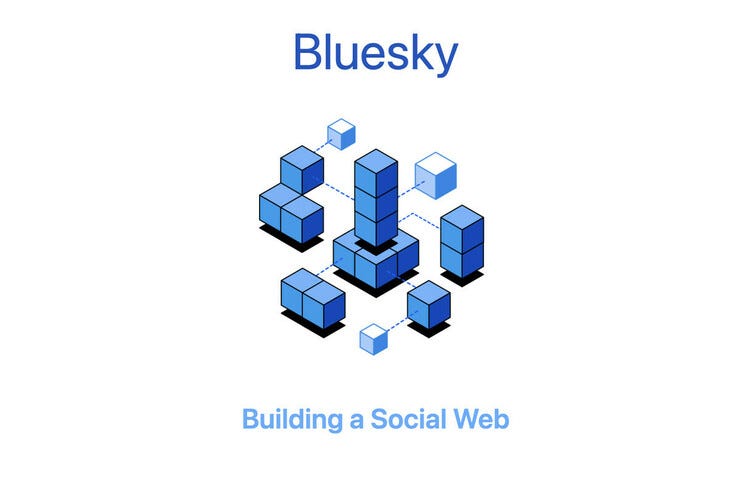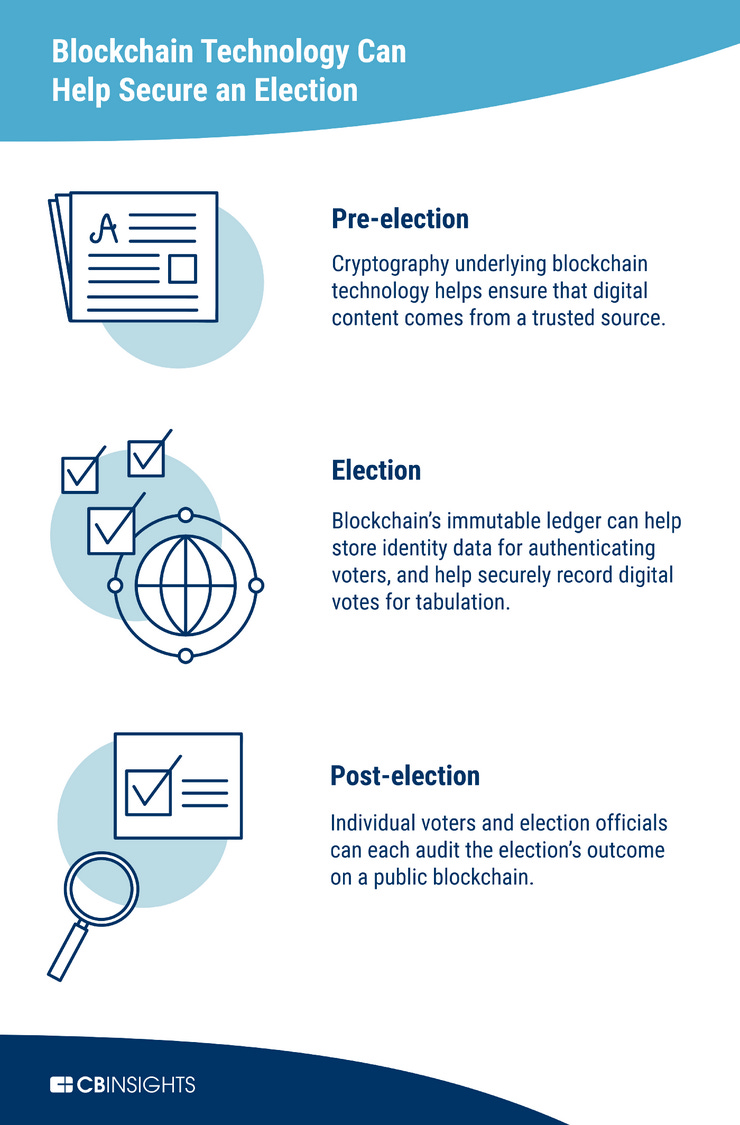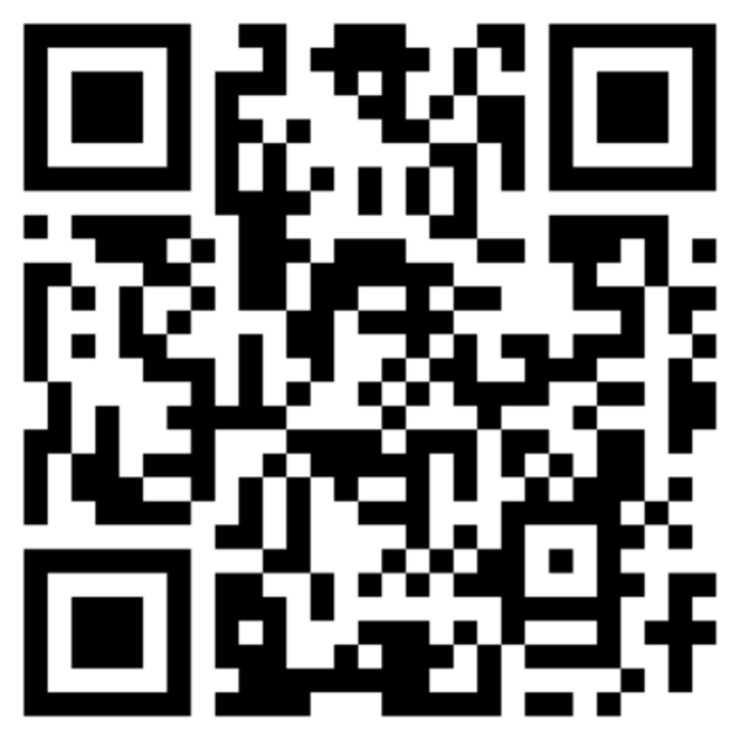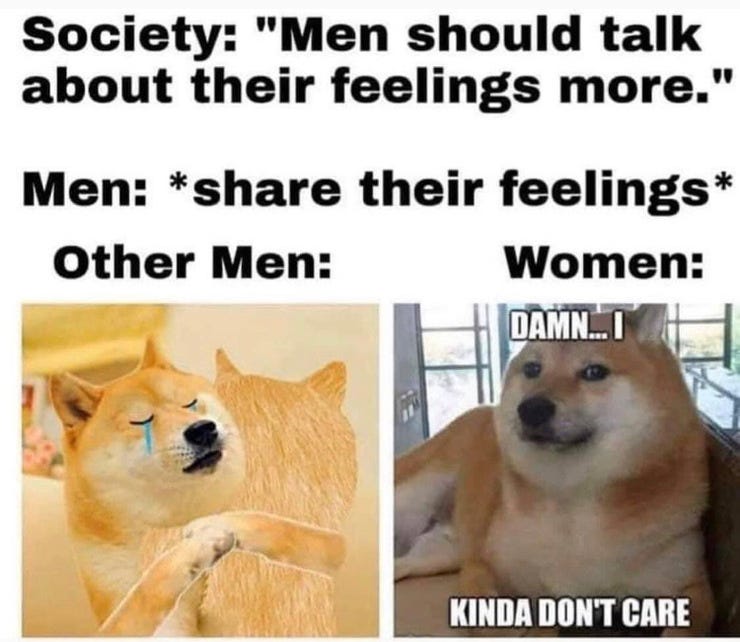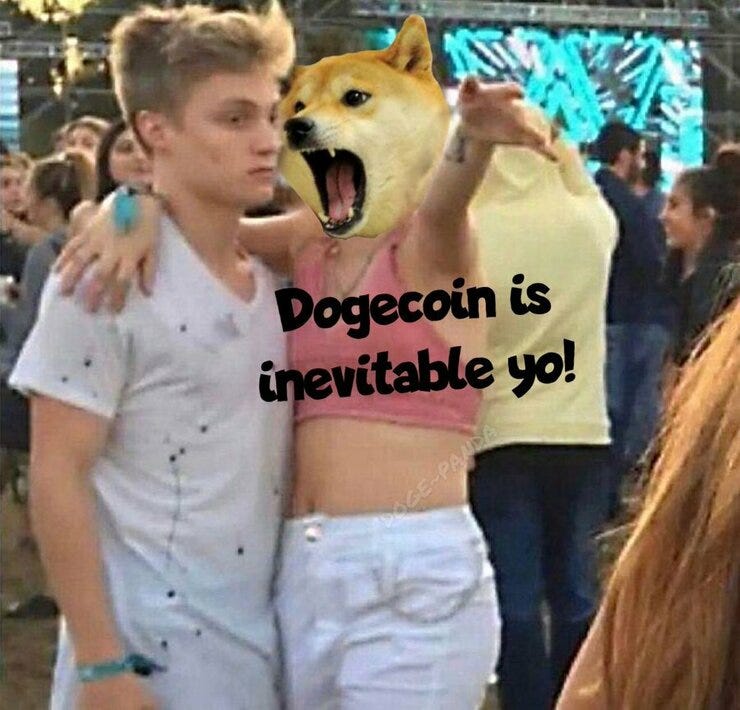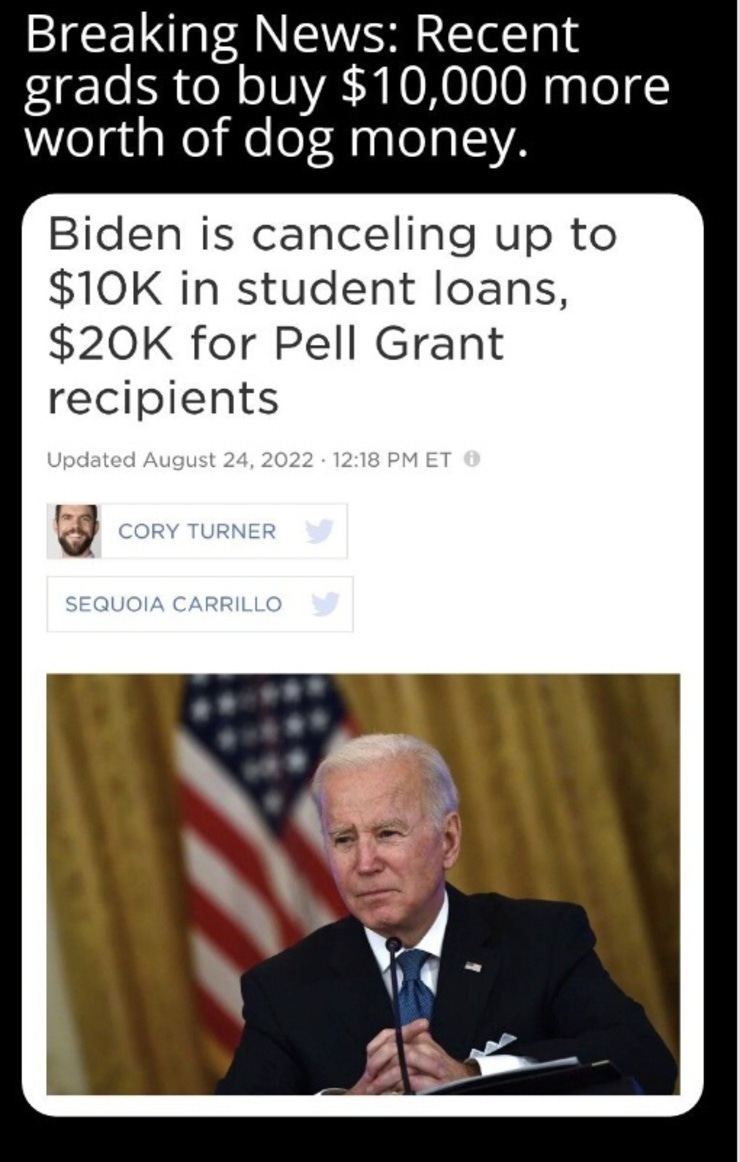Elon Lifts The Veil On Twitter
Hey everyone,
Last week, news broke that a whistleblower has come forward to Congress to alert the public about Twitter’s bot problem.
The news comes at the same moment that online censorship reared its head once again with the coordinated ban of Andrew Tate across major social media platforms.
Let’s take a look at how Twitter has been sweeping real peoples’ ideas under the rug and replacing them with fake ones, and what we can do about it.
Lifting the Veil on Twitter
Last week saw massive developments in the Elon-Twitter saga.
On Tuesday, the world learned of a whistleblower who corroborated Elon's claims that Twitter has been ignoring fake accounts.
Peiter 'Mudge' Zatko, a highly regarded hacker and security expert, filed a complaint with federal regulators in July alleging Twitter had violated securities law and was negligent with user data. Today, we learned that he's been subpoenaed by Elon's legal team.
Mudge served as Twitter's Head of Security starting in 2020, when he was brought on by since-departed CEO Jack Dorsey. He was fired in January of this year, he claims, for raising concerns about the privacy of user data, while Twitter cited "poor performance and leadership."
In the complaint, Mudge said, “senior management had no appetite to properly measure the prevalence of bot accounts” because “they were concerned that if accurate measurements ever became public, it would harm the image and valuation of the company.”
He added that Twitter execs have "little or no personal incentive" to get a real bot count, claiming "deliberate ignorance was the norm."
Elon acknowledged the development by tweeting a Jiminy Cricket meme with the text "Give a little whistle."
He also drew attention to Twitter's failure to police verified bots and reports that the board chose to hide spam prevalence.
In staff meeting, Twitter CEO Parag Agrawal told employees Mudge's claims were "foundationally, technically and historically inaccurate."
One of the most intriguing claims from Mudge's filing was that foreign spies have infiltrated Twitter and at least one employee was working for a foreign intelligence agency.
The claim squares with recent legal developments.
Earlier this month, a former Twitter manager, Ahmad Abouammo, was convicted of spying for Saudi Arabia after prosecutors demonstrated that he used his role to access personal information on Saudi dissidents.
Speculation about deeper Saudi control of the platform has persisted for years. Saudi Prince Al Waleed Bin Talal initially opposed Elon's purchase before reversing course to support the takeover in May.
The idea that foreign countries would be able to control American speech is alarming, especially on Twitter, which acts as a nexus for print, television, and online journalism.
If all this drama weren't enough, last Monday, news broke that Elon's legal team had subpoenaed Jack Dorsey to testify about Twitter's user metrics.
Earlier this year, Jack tweeted that Elon was the only person he trusted to fix Twitter.
In Mudge's whistleblower report, Jack is described as "extremely disengaged" in his last year as CEO, to the point where he "did not speak a word" in some meetings and "would remain silent for days or weeks," according to colleagues.
Jack has been integral to Twitter since the beginning.
Since leaving, he has lamented outside control of Twitter and said it "wants to be a public good at a protocol level, not a company."
It'll be fascinating to hear his side of the story about the platform's evolution.
Dissenting Opinions
The lifting of the veil on Twitter's shenanigans couldn't come at a better time.
Censorship has become a fixture of American life, reaching a new apex last week with the coordinated removal of Andrew Tate by social media giants, including Facebook, Instagram, Twitter, YouTube, and TikTok.
Tate is a tremendously controversial figure for his views on gender, government, the pandemic, elite control of society, electoral fraud, and other topics du jour.
You don't have to like him or agree with anything he says to recognize his story as incredible: a mixed-race chess prodigy from Indiana, born to a British mother and CIA father, moves to England and becomes a world champion kickboxer, retiring poor at age 30.
By the time he's 35, he owns web cam and casinos businesses in Romania, uses Twitter to found an Illuminati-like men's network called the "War Room," singlehandedly upends five decades of gender orthodoxy with the next generation in the span of a few months by amassing billions of views on TikTok, and adopts the persona of Morpheus to signify having broken free from The Matrix.
Today, he is worth at least eight figures, though it wouldn't be surprising to see him hit ten in the next couple years if he's not there already. He famously attributed his success to never having seen Star Wars, his first truly viral meme.
Indeed, memes have been integral to the rise of Tate. He has been on the public radar since he was (in an incredible prophecy of things to come) kicked off Big Brother 2016, but his fame reached another level this summer, especially among zoomers, propelled by memes like "Top G," "Common Tate W," and "what color's your Bugatti?" Recent data corroborates his claim to being "the most googled man on the planet."
Tate's ban marks another turn of the screw for online censorship in that some companies are targeting interview clips of him posted by other people.
More than just being de-platformed, Tate has been systematically unpersoned by social media giants for the crime of being too influential while having the wrong opinions.
At this point, it's reasonable to wonder how long platforms will tolerate users talking about Tate.

In a strange twist, Chinese-owned TikTok has taken the strongest anti-Tate stance, explaining, "Misogyny is a hateful ideology that is not tolerated on TikTok.” Last year, the CCP banned "effeminate men" from Chinese TV, yet the Chinese data harvesting app appears threatened by promotion of traditional gender roles on American soil.
Of course, roughly the same argument could be made for Saudi Arabia's relationship with Twitter, assuming it banned Tate for his views on women.
Whatever you think of Tate's ideas or schtick, he has brought free speech to the fore of public awareness.
Earlier this year, Elon offered a prescient first amendment test: "a good sign if there is free speech is, is someone you don't like allowed to say something you don't like? That is a sign of a healthy, functioning free speech situation."
For the many Americans who find Tate's views objectionable, Elon's test encapsulates the dilemma, how wrong is someone allowed to be before they lose their right to share their opinion in public?

The question leads, inevitably, back to Trump.
Only after his 2016 win did the idea take hold that it was no longer enough to simply refute a wrong idea.
Some information, evidently, was so dangerous that the public needed to be protected from even knowing it existed.
2016 was also the year of Milo Yiannopoulos got removed from Twitter. In hindsight, Milo's ban laid the public opinion groundwork for Alex Jones's 2018 mass de-platforming and Julian Assange's 2019 arrest, both of which made 2020's censorship bonanza seem less extreme than it really was.
Trump's 2021 Twitter ban seemed like a fitting bookend to this sequence, except as we've now learned with Tate, it wasn't the end, just another brick in the wall.
Today, social media bans of popular accounts like Jordan Peterson, The Babylon Bee, or Robert Kennedy Jr hardly register as news.
For a lot of observers, each case of censorship seemed justified at the time.
However, their collective effect has been to make civil debate more difficult, creating the sense of separate realities.
It would be much better if folks were allowed to present evidence and hash out differences in an open forum for all to witness. Agreeing to disagree is only possible if both parties can speak on equal footing.
If someone's ideas are dangerously wrong, it must be determined in the public square, not behind closed doors in Silicon Valley. The People never asked for Facebook or Twitter to fight their battles anyway, and it diminishes their victories when Big Brother has to come in for the assist.
Censorship is never more harmful than when it's about elections, a political ur-topic upstream of all other civic debates.
It's tough to dispute that America's elections are broken. Dating back to 2000, three of the last six presidential elections have weathered accusations of foul play, and it's become standard operating procedure for vote counting to carry on for days. What should be an aberration has become the norm.
If you thought election-related censorship would die down by now, almost two years after the most recent event in question, you'd be mistaken.
In March of this year, YouTube took down the NELK Boys' interview with Trump after he claimed electoral fraud.
This time, there was no speech or rally, just some college-aged kids hanging out with an older dude who said, more or less, the election was rigged. That was enough. Plug pulled.
Agree or disagree with his take, there was clearly a public appetite to hear him speak. The interview generated five million views in 24 hours before it was removed.
The topic surfaced again this week when Mark Zuckerberg told Joe Rogan that the FBI inserted itself into Facebook's content moderation process weeks before the 2020 election.
The irony is that a mere two years earlier, several prominent Democrats sounded the alarm about America's outdated election infrastructure, but now the issue has become so politicized that it cannot be debated.
In a better world, the two sides would be on the same page. Who doesn't want secure elections?
By making the topic of electoral insecurity punishable by banishment, social media companies are undermining the public's ability to build political momentum and actually improve our voting system
More than any person or political group, We The People lose when dissenting opinions are pushed underground.
Blocky Revolution
Censorship makes problems look more difficult than they really are.
The good news is that there are extremely powerful solutions waiting in the wings.
Blockchain is associated with digital money like Bitcoin or Dogecoin, but is capable of providing uncensorable, immutable record for any type of information, including speech itself.
Before Jack stepped down from Twitter, he put in place a program called Bluesky, a decentralized, blockchain version of Twitter.
The effect would be to take the power to moderate content out of the hands of tech giants and return it to online communities.
Speech data would reside on thousands of nodes run by individual community members—rather than centralized corporations—making it significantly more difficult to censor.
Blockchain voting would be another major upgrade to the outdated patchwork of existing electoral systems.
While blockchain won't completely eliminate the possibility of fraud, it will make it more difficult to perpetrate, and hopefully restore confidence in elections.
Blockchain voting systems are more resilient to hacking since any hacker would have to modify data on multiple decentralized nodes, rather than attacking a single point of vulnerability.
All voting data, including voter identification documents, would remain as a permanent on-chain record, auditable by individuals and institutions alike.
Dogecoin is the ultimate test case for this idea: while voting documentation is routinely purged based on idiosyncratic state procedures, the Doge blockchain contains pristine, transparent, anonymized record of the location of every single Dogecoin since 2013, stored on individuals' computers across the world.
The security enhancements offered by blockchain make vote-by-phone an eventual possibility, boosting participation and ending the pointless drama of long lines at polling places. Direct democracy would suddenly be a possibility.
If the public feels uneasy about fully digitizing the voting process, blockchain can also be used in coordination with paper voting systems.
Decentralized blockchains offer the possibility for immutable, uncensorable records of Truth: what did someone say? How did they vote? How many coins do they own?
It makes sense to start with money, which effects everything. When people see how much better blockchain money is than the centralized banking system, they will want to know what else it can fix.
Amidst a shifting landscape of fake news, fake money, disinformation, and propaganda, blockchain is a beacon of truth.
Changes are coming. Doge is a big one, but it's only the tip of the iceberg.
Dogey Treats: News Bites
SpaceX is releasing Starlink V2 next year. As part of the release, SpaceX and TMobile are partnering to offer direct satellite-to-phone service that will eliminate dead zones worldwide. Elon said the service would "save lives" and that he hoped to partner with other phone carriers. Is Starlink the key to democratizing crypto mining across the globe?
Tesla Japan announced a Virtual Power Plant consisting of more than 300 household Powerwall batteries. The VPP amounts to a decentralized, highly resilient, citizen-owned electrical grid.
In series of tweets, Elon again warned of population collapse, calling it a bigger threat to civilization than global warming. He agreed with the idea that part of the solution to declining birth rates was to inspire people to be more optimistic about the future so they would have more children. He liked a tweet showing how someone used multiple AI programs to create video footage of a fake person who racked up over 100k views on social media, and posted a poll about DMT Machine Elves.
SEC chair Gary Gensler posted a video to Twitter calling for more "visibility and oversight" on short selling, citing the meme stock frenzy of 2021. On Thursday, Forbes ran an opinion piece calling on Gensler to resign. The article was removed from its website the following day, though Internet sleuths have preserved a copy.
PalPal co-founder David Sacks accused Twitter of harassing his companies by bombarding them with subpoenas for information in its case against Elon.
Energy prices in Europe continued to soar. The President of BRICS said Russia and India no longer needed the dollar for trade and had established a mechanism for settling payments in Rubles and Rupees. Are Russia and Iran coordinating to form a new natural gas cartel? Iran approved crypto as payment for imports and trading goods. At the Fed's annual Jackson Hole symposium, chairman Jerome Powell said "some pain" was coming to the American economy.
Billy Markus reportedly turned down $14 million worth of crypto to promote DogeChain, the latest Dogecoin knock-off. Bitcoin kiosk vender Coinme now allows people to buy Dogecoin at grocery stores.
Netflix released a documentary called 'Running With the Devil: The Wild World of John McAfee' in which McAfee's ex-girlfriend claims he is still alive. McAfee was one of Dogecoin's early supporters, predicting it would go to the moon in 2019.
The first annual campaign to save the life of Julian Assange, also known as the AssangeAThon, will culminate on Wednesday, August 31st.
New information was made public about Tesla's Dojo AI Supercomputer.
Elon liked an Archillect tweet with a picture of a man on the moon. An NFT of the Dogecoin genesis block will ride to the moon on NASA's Artemis 1 mission.
Thank You!
Thanks for reading! Consider sending a tip or Super Following on Twitter to help keep the newsletter going!
DJ2zTEdHBD3guHLfVaNBaypr6bHFG5Nwfw
Memes of the Week
It's ALL Risky!
Thank you, kind reader, for reading and subscribing to this newsletter. I really appreciate it!
If you haven’t already, please sign up to this email newsletter for more weekly articles like this one. Also, please share it with a friend or on twitter if you enjoyed this article.
What do you think? Is censorship accelerating or have we reached its twilight? Let me know!
Remember, Dogecoin is risky. But then again, it’s all risky!
Follow on twitter at @itsALLrisky
Send an email to itsALLrisky@gmail.com
Send a Doge tip: DJ2zTEdHBD3guHLfVaNBaypr6bHFG5Nwfw
This article was written in collaboration with @CryptoDogDivine, give them a follow!
Don't forget to subscribe to this newsletter!
Disclaimer: This is not financial advice and I am not a financial advisor. The article above references an opinion for entertainment purposes only and it is not investment advice. Always assume that the author of the article is actively trading and that the opinions expressed may be biased towards the author’s holdings. Do your own research and consult with a licensed financial adviser before making any investment decision. Do not treat any opinion expressed in this newsletter as a specific inducement to make a particular investment. Content, news, research, tools, and securities symbols are for educational and illustrative purposes only and do not imply a recommendation or solicitation to buy or sell a particular security or cryptocurrency or to engage in any particular investment strategy. The information provided is not warranted as to completeness or accuracy and is subject to change without notice. The projections or other information regarding the likelihood of various investment outcomes are hypothetical in nature, are not guaranteed for accuracy or completeness, do not reflect actual investment results and are not guarantees of future results. All investments involve risk, losses may exceed the principal invested, and the past performance of a security, industry, sector, market, cryptocurrency, or financial product does not guarantee future results or returns. Dogecoin is a speculative and highly volatile asset susceptible to pump-and-dump schemes.
At the time of publication, Dogecoin is around $0.067 per coin.


